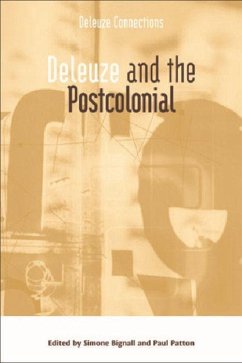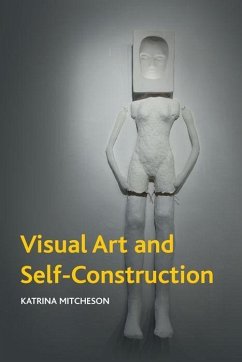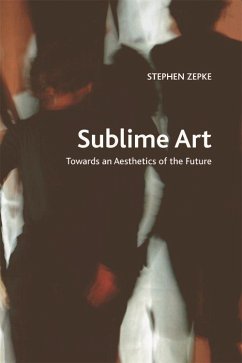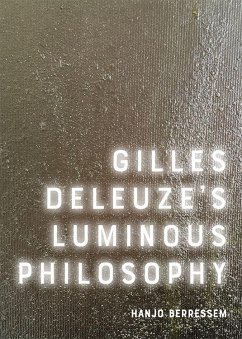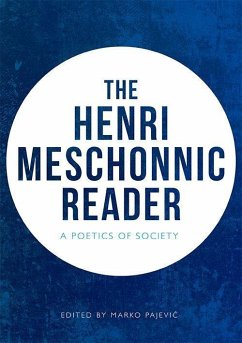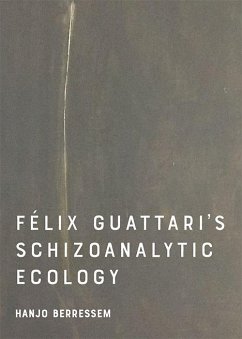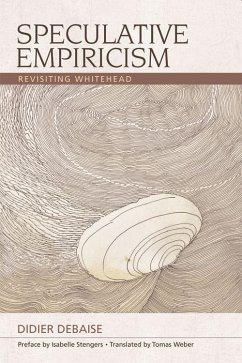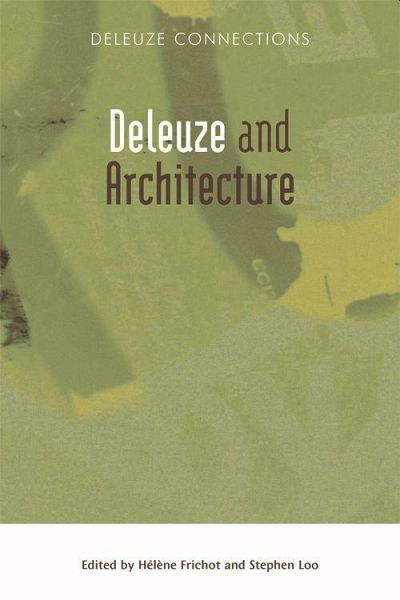
Deleuze and Architecture
Versandkostenfrei!
Versandfertig in über 4 Wochen
127,99 €
inkl. MwSt.

PAYBACK Punkte
64 °P sammeln!
Looks at how Deleuze challenges architecture as a discipline, how architecture contributes to philosophy and how we can come to understand the politics of space of our increasingly networked world. This title shows Deleuze's influence on the emerging biotechnological paradigm and practices of participatory design.
Through Deleuze, the editors argue provocatively, even theory 'exhaustion' can produce valuable new engagements with the built-environment. This collection of fascinating essays provides a much-needed overview of architecture and philosophy's very Deleuzian friendship. The issues tackled are highly relevant to the crises of our times. Required reading - especially for non-Deleuzians! Jane Rendell, The Bartlett School of Architecture, UCL The legacy and ongoing influence of Deleuze in the discipline and practice of architecture The uptake of the philosophy of Gilles Deleuze in architectural theory and practice since the 1980s has been fast, furious and multifarious. It has fuelled a generation of architectural thinking, and can be seen in the design of a global range of contemporary built environments. His work has also, importantly, alerted architecture to crucial ecological, political and social problems, with which the discipline must continue to grapple. Deleuze and Architecture addresses this legacy and reflects upon the following questions: What is a critical history of Deleuze's influence in architecture? How has Deleuze's work challenged architecture's disciplinary construction, and how, through novel readings of Deleuze, has the discipline of architecture contributed to philosophical thinking? How does an engagement in the philosophy of Deleuze contribute to an architectural understanding of the complex politics of space in our increasingly networked world? This book will capture the imagination of newcomers to Deleuze, as well as reinvigorate the research of those familiar with his work across the disciplines of architecture and philosophy. Hélène Frichot is Assistant Professor in Critical Studies in Architecture at the KTH School of Architecture and the Built Environment, Stockholm. Stephen Loo is Professor of Architecture at the University of Tasmania, Australia.



